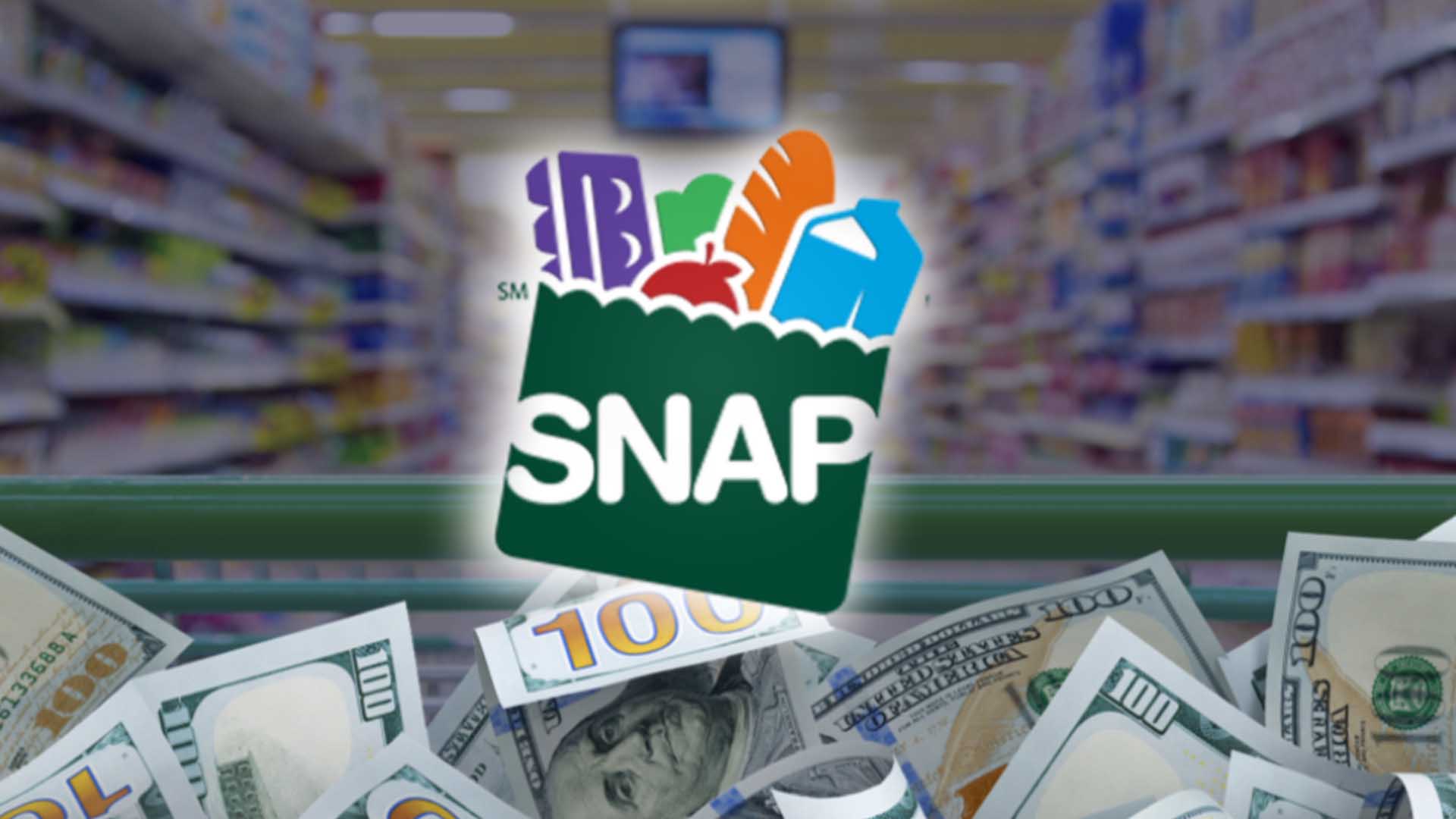Hundreds of thousands of Massachusetts households are on alert, ahead of getting their final enhanced SNAP payment on Thursday.
As pandemic-related emergency SNAP funding comes to a close, many families will have less money in their pockets for food and necessities, all while the country experiences record-high costs.
WATCH ANYTIME FOR FREE
>Stream NBC10 Boston news for free, 24/7, wherever you are. |
Lawmakers on Beacon Hill, though, are taking up the issue on Wednesday, and will discuss funding that would extend the extra payments for Massachusetts families. The issue impacts about 630,000 families in the Bay State, who have been getting extra SNAP money thanks to a pandemic-related move by the federal government.
Get updates on what's happening in Boston to your inbox. Sign up for our >News Headlines newsletter.
On average, the SNAP emergency allotment has added an additional $151 to a household's normal monthly benefit of $335 in Massachusetts, according to the Department of Transitional Assistance.
Governor Maura Healey put aside $130 million in her supplemental budget, to keep the extra SNAP benefits going for a few more months. The House will take up the bill on Wednesday, and there's been good indication that lawmakers will approve the funds.
The proposal would provide SNAP recipients with 40% of their previously enhanced allotment for another three months, which her office dubbed an "offramp" to the end of expanded benefits.
The Senate, though, isn't expected to take up the bill this week, meaning any extension of extra SNAP benefits will have to wait for the governor's signature.
The bill would also keep the state's free meal program going.
The emergency program was enacted by Congress at the start of the pandemic in March 2020 and expanded a year later. Originally, the extra benefits were intended to continue as long as the COVID-19 public health emergency was in force. It's now set to expire in May.
But 18 states have already rolled back payments for more than 10 million people and Congress decided to end the program early, trading the extra benefits for a new permanent program that provides extra money to low-income families to replace school meals during the summer.
Experts credit the emergency funds with making sure most Americans had enough food to eat, despite the pandemic. About 10% of U.S. households had trouble obtaining sufficient food in 2020 and 2021, roughly unchanged from pre-COVID levels.
SNAP benefits can rise and fall with inflation and other factors. Maximum benefits went up by 12% in October to reflect an annual cost-of-living adjustment boosted by higher prices for foods and other goods. But payments went down for those who also receive Social Security because of the 8.7% cost-of-living increase in that program on Jan 1.
The Associated Press and The State House News Service contributed to this report.



